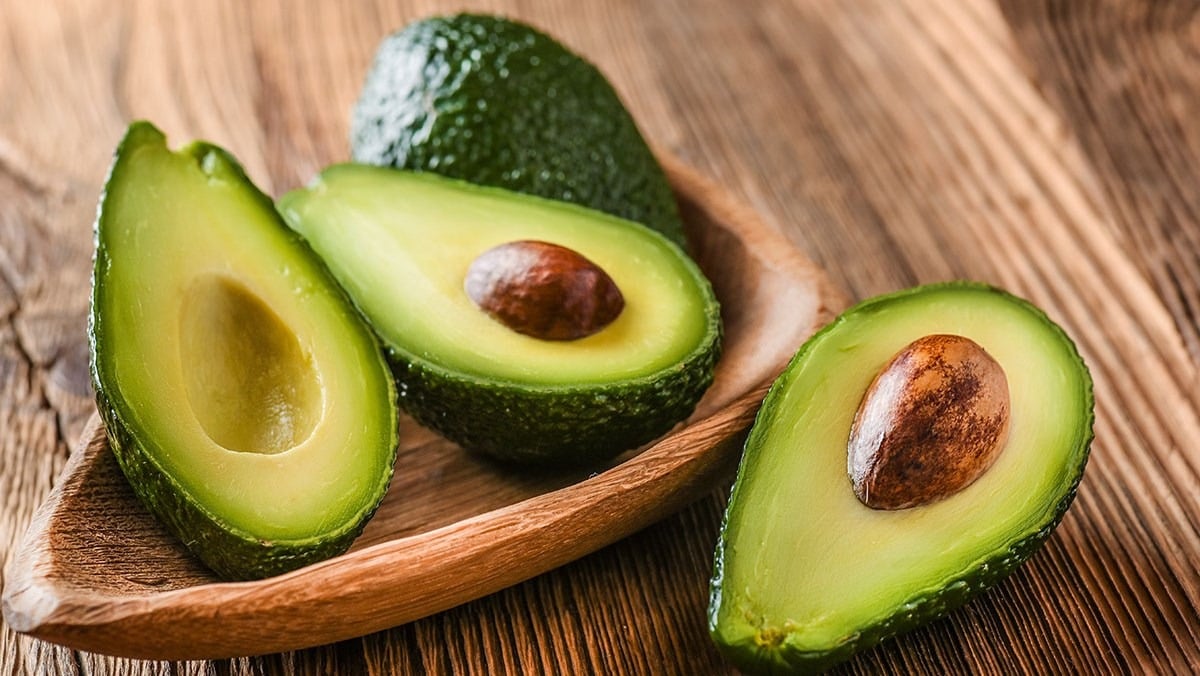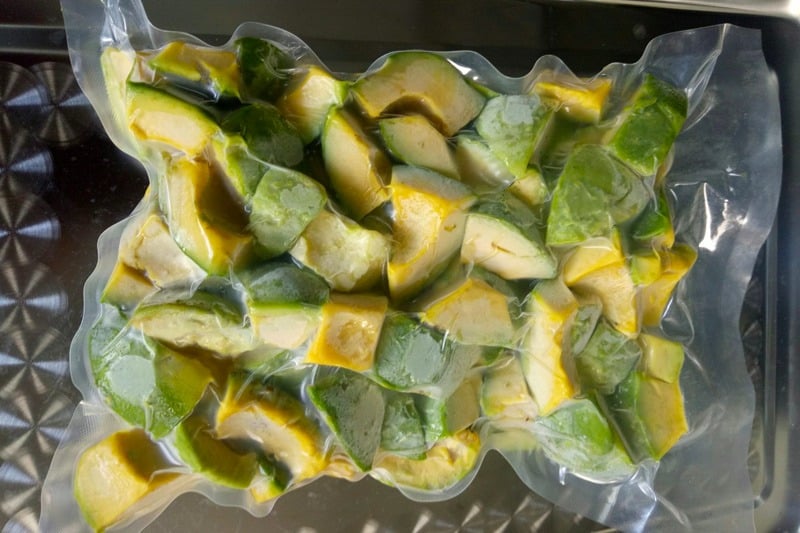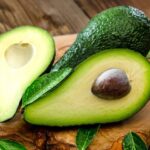Avocados are a popular fruit, loved for their creamy texture and high nutritional value. However, preserving their freshness and preventing browning or over-ripening can be a challenge. With these simple tips, you can extend the shelf life of avocados while maintaining their quality.
Why Do Avocados Turn Brown and Mushy?
Before exploring preservation methods, it’s important to understand why avocados deteriorate. When an avocado is exposed to air, the enzyme polyphenol oxidase reacts with oxygen, causing oxidation. This results in the flesh turning brown and losing its appeal and flavor. Additionally, overripe avocados or those stored under unsuitable conditions may become mushy and watery, affecting the overall sensory experience.

Choosing Avocados for Longer Shelf Life
Effective preservation starts with wise selection. When purchasing, opt for firm, green avocados with intact skin free from cracks or bruises. Avocados that are not fully ripe will have a longer shelf life compared to softer, riper ones. If you plan to use them immediately, choose avocados with slightly darker skin that yield to gentle pressure but don’t feel mushy.
A handy tip is to examine the avocado’s stem. If the stem detaches easily and the flesh underneath is light green, it’s a good-quality avocado suitable for storage. On the other hand, if the flesh under the stem has turned brown, the avocado may be overripe or on the verge of spoilage.
Preserving Unripe Avocados
For unripe avocados, the simplest preservation method is to store them in a cool, dry place away from direct sunlight. Ideal temperatures range from 20-25°C (68-77°F). Avoid keeping avocados in sealed plastic bags as this traps ethylene gas, causing them to ripen and spoil faster.
If you want to slow down the ripening process and extend their shelf life, you can place them in the refrigerator’s crisper drawer. Temperatures of around 5-7°C (41-45°F) will slow down ripening, keeping avocados fresh for up to 2-3 weeks. However, it’s important to wrap avocados in paper or place them in a container to prevent them from absorbing odors from other foods.

Preserving Ripe Avocados
Ripe avocados require careful handling to prevent browning and mushiness. If you’re not using them immediately, store them in the refrigerator’s crisper drawer. Before chilling, wrap the avocados in plastic wrap or place them in a ziplock bag to minimize air exposure. This method can keep avocados fresh for about 3-5 days.
It’s crucial not to leave ripe avocados at room temperature for extended periods. Higher temperatures accelerate decomposition, leading to rapid softening and loss of their signature creamy texture.
Preserving Cut Avocados
Preserving cut avocados is the most challenging as the exposed flesh is highly susceptible to oxidation. To prevent browning, consider the following tips:
– Lemon Juice Treatment: Citric acid in lemon juice slows down oxidation. After cutting, apply a thin layer of lemon juice to the avocado’s surface, then wrap it tightly in plastic wrap and refrigerate. This method can preserve avocados for 1-2 days without significantly altering their flavor.
– Onion Companion: Place a few onion slices in the container with the cut avocado. The sulfur compounds in onions inhibit oxidation, keeping the avocado green. Ensure the avocado and onion don’t touch to prevent the avocado from absorbing onion flavors.
– Proper Wrapping: If you don’t have lemon juice or onions, tightly wrap the avocado with plastic wrap, ensuring no air penetrates. Place the wrapped avocado in an airtight container before refrigerating to enhance preservation.
Long-Term Preservation: Freezing Avocados
For extended preservation, consider freezing avocados. Here’s how:
– Cut, peel, and remove the avocado’s pit.
– Puree the avocado flesh or chop it into small pieces.
– Add a splash of lemon juice to prevent browning.
– Place the avocado in a ziplock bag or specialized food storage container, removing as much air as possible.
– Store in the freezer, where it can last for 3-6 months.
– To use, thaw the avocado overnight in the refrigerator. Frozen avocados are best suited for smoothies, salad dressings, or baking rather than direct consumption due to potential changes in texture.
Common Mistakes to Avoid
To prolong the freshness of avocados, steer clear of these common mistakes:
– Avoid storing avocados near ethylene-producing fruits like apples and bananas, as they accelerate avocado ripening.
– Don’t submerge avocados in water, as it affects their flavor and texture and promotes spoilage.
– Refrain from storing avocados in high-humidity environments, as this encourages bacterial and fungal growth.
“A Squeeze of Lemon: The Simple Hack to Keep Rice Fresh in Hot and Humid Climates”
In hot and humid climates, cooked rice can quickly spoil if left at room temperature. A simple trick to prevent this is to add a slice of lemon while cooking the rice. This folk method not only has scientific backing but also enhances the aroma and flavor of the rice, while extending its shelf life.
5 Bedtime Snacks to Detox and Nourish Your Liver
“After a long and tiring day at work, it’s easy to reach for convenient, unhealthy food options for dinner. However, did you know that your evening meal choices could impact your liver health? It’s true; your liver works hard to process and filter everything you consume. So, it’s crucial to make conscious dinner decisions to support and nurture your liver’s well-being. Imagine having a personal nutritionist guide you towards delicious, liver-friendly dinner options. With careful planning and the right ingredients, you can nourish your body and give your liver the love it deserves.”
The Ultimate Guide to the Top 5 Clean Fruits: Peace of Mind for Your Family’s Health
In a world where food safety is a growing concern, choosing fruit with lower pesticide residue is a top priority for health-conscious consumers. This article aims to empower readers by revealing a list of fruits that are least likely to harbor harmful pesticide residues, offering peace of mind and a healthier future for your family.





































